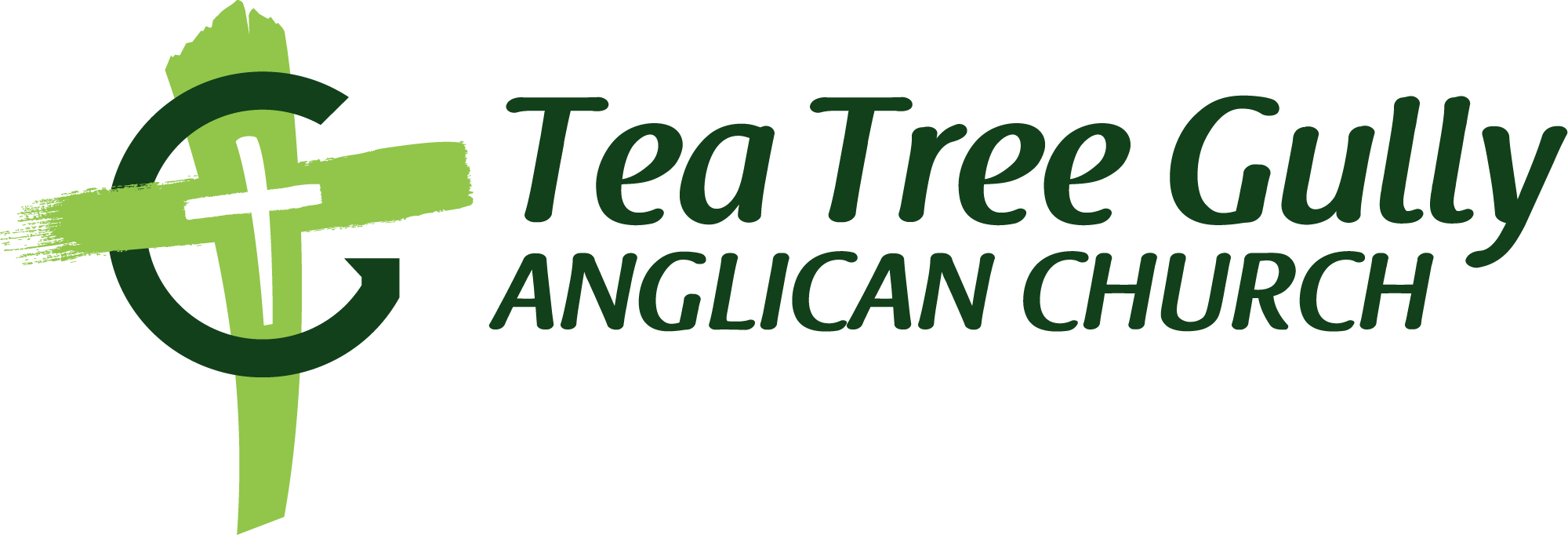What is the Image of God? Part 1 by Matthew Payne
In Genesis 1:27 we read that ‘God created mankind in his own image, in the image of God he created them’. However, the passage doesn’t define what “Image of God” means. Consequently “Image of God” has been interpreted in a vast number of ways throughout church history. Does it refer to human capacity for reason, free will, relationship, creativity, ethical conduct, or something else? It doesn’t take too long to notice that interpretations sometimes seem self-serving—as though “Image of God” referred to whatever I think is important in life. The philosophers think it refers to reason, the artists think it’s about creativity, the counsellors think it’s about relationship, and so on. Does the Bible give us any way of working this out?
Interpretations sometimes seem self-serving—as though “Image of God” referred to whatever I think is important in life
The bible’s teaching on the Image of God can be summarised as three mutually-complementary ideas: capability, occupation, and destiny.
These themes develop as the Bible’s teaching unfolds and God introduces more about himself and his plan for humanity. Since each point shapes the others, it is important to recognise that when the Bible teaches us more about one theme we also learn more about the other two by implication.
- Image as Capability
First, the Image of God is what distinguishes us from mere animals. Humans were created on the same day as the land animals. In one sense we are grouped among them (Genesis 1:24-26). What distinguishes us from them is being in God’s image. This invites us to ask: ‘what differences are there between people and animals?’ Most of what we observe in answer to that question will directly relate to the Image of God. Immediately we see lots of capabilities unique to human beings.
Most prominent in Genesis 1 is our relational capacity. The man and woman relate to God and to one another. God addresses them in speech and gives them commands. Humans speak, reason, relate, and are morally responsible before God. Other creatures are not personal in this way. (part 2 next week)
Matthew Payne is a PhD student at Sydney University investigating the ministry and theology of William Perkins (1558-1602). He has previously been employed in full-time ministry, and is passionate to see ordinary believers built up in their love and understanding of the Christian faith. Matthew, his wife Mandy, and their three boys attend St Barnabas Anglican Church Ingleburn, where Matthew and Mandy both serve in various capacities.
